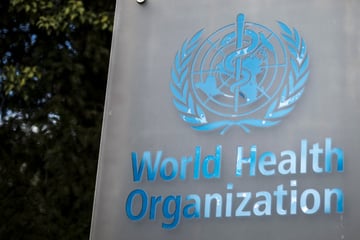Poverty significantly increases risk of mental illness, new UN data says
Poverty makes people up to three times more likely to suffer from mental health issues such as depression and anxiety compared to the wealthy, the United Nations said in a report released Thursday.

Competitive consumption-oriented modern life is a threat to mental health, said a study compiled by the UN special rapporteur on extreme poverty and human rights, Olivier De Schutter.
Entitled "The burnout economy: poverty and mental health," the report states that "poverty causes mental health conditions, which in turn constitutes an obstacle to escape from poverty."
"Those on lower incomes are up to three times more likely to suffer from depression, anxiety, and other common mental illnesses than those with the highest incomes," the report says.
It said more than 970 million people around the world – 11% of the population – suffer from some kind of mental illness.
Of these, 280 million have depression and 301 million suffer from anxiety, it added.
Every year suicide claims the lives of around 700,000 people and it is now the fourth leading cause of death among people aged 15 to 29.
In the countries of the Organization for Economic Cooperation and Development, between a third and half of all requests for disability payments stem from mental health problems – and among young adults this proportion shoots up to 70%, the study says.
In the first year of the coronavirus pandemic, the incidence of mental illness increased by 25%, the UN said.
Globally, mental health conditions cause losses of $1 trillion annually.
"The returns on investing in treating depression and anxiety would therefore be considerable," said the report.
Cover photo: Unsplash/Eric Ward
